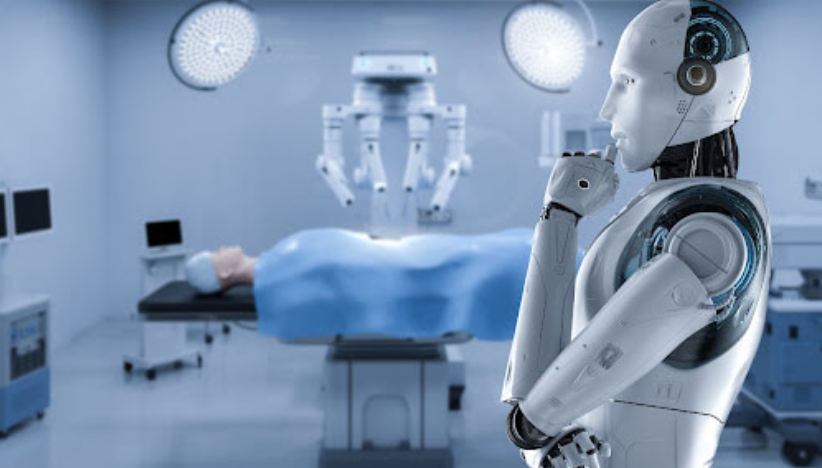Exploring the Role of Robotics in Modern Healthcare
The integration of robotics in modern healthcare presents a pivotal shift in medical practices. Surgical robots enhance precision in operations, while rehabilitation devices support patient mobility. Moreover, advancements in diagnostic imaging technologies streamline patient evaluations. However, the implications of these innovations extend beyond mere efficiency. Understanding how robotics can redefine patient care invites further exploration into the nuances and potential challenges that lie ahead in this evolving field.
Advancements in Surgical Robotics
Advancements in surgical robotics have revolutionized the landscape of modern healthcare, enhancing precision and improving patient outcomes.
These systems enable surgeons to perform minimally invasive procedures with robotic precision, reducing recovery times and minimizing complications.
Rehabilitation and Assistive Robotics
As the demand for enhanced patient care continues to grow, rehabilitation and assistive robotics have emerged as vital tools in the recovery process.
Robotic exoskeletons facilitate mobility and independence for individuals with physical impairments, while various assistive devices provide tailored support.
Together, these innovations empower patients, promoting active participation in rehabilitation and fostering a sense of autonomy crucial for successful recovery.
Robotics in Diagnostic and Imaging Technologies
The integration of robotics into diagnostic and imaging technologies represents a significant evolution in medical practice, enhancing both accuracy and efficiency in patient assessments.
Robotic imaging systems facilitate precise data collection, while AI diagnostics analyze complex information swiftly, leading to improved decision-making.
This convergence of technology not only streamlines workflows but also empowers healthcare professionals to deliver more personalized and effective patient care.
See also: The Importance of Cybersecurity for Growing Tech Businesses
The Future of Robotics in Patient Care
How might the future of robotics transform patient care in healthcare settings?
Advancements in robotic companions and telepresence robots promise to enhance patient interaction and support. These technologies could provide emotional comfort, facilitate remote consultations, and ensure continuous monitoring.
As patient autonomy is prioritized, robotics could empower individuals in their care journey, ultimately leading to more personalized and efficient healthcare experiences.
Conclusion
In conclusion, the integration of robotics in modern healthcare exemplifies a remarkable coincidence of technology and human compassion. As surgical robots enhance precision, rehabilitation devices empower independence, and diagnostic tools improve patient assessments, the synergy of these innovations fosters a holistic approach to care. This convergence not only transforms clinical outcomes but also redefines the patient experience, illustrating that in the realm of healthcare, the intersection of advanced robotics and empathetic care is paving the way for a brighter future.






